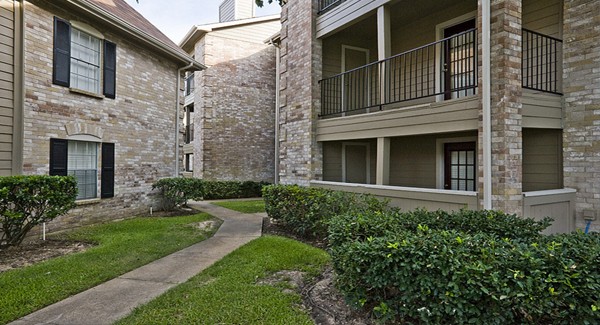At the beginning of the year, I was granted the opportunity to speak at the winter trade show for the Association of Condominium, Townhouse and Homeowners Associations (“ACTHA”). ACTHA is an organization committed to the betterment of community association living. The topic was, “How best to manage a catastrophe”. My co-panelist was one of the pioneers of community association insurance, and is now a consultant to associations on whether they are adequately insured.
There are a number of procedures that an association’s board of directors can take to help prevent the association from a catastrophe such as a fire. Unfortunately, there is no guarantee that an association will be immune from such a catastrophe. It is the job of the board of directors to make certain that the association has adequate protection and will be able to survive a catastrophe.
The following are three issues all boards must consider:
Insurance
All board members know that the association must have adequate insurance to protect the property from catastrophe. As set forth in a recent article, the legislature recently amended the Illinois Condominium Property Act to further define the types of insurance that a condominium association must obtain. The act requires that the board obtain property insurance, liability insurance and director’s and officer’s insurance. The board may also obtain worker’s compensation insurance and any other insurance deemed necessary by the board.
When obtaining property insurance, make certain that the replacement cost under the policy includes code upgrades. Current building codes are generally more strict than they were when your association was constructed. As such, it will cost substantially more to reconstruct the building in case of a catastrophe. We have seen associations that did not have insurance to cover these code upgrades. This left the proceeds obtained from the insurance company inadequate to reconstruct the building, and the board was forced to adopt a special assessment to the owners to cover the shortfall.
Making sure that your association has adequate insurance has become complicated. As an attorney that represents associations, I am often asked by boards of directors and managers as to whether an association has adequate insurance. Like most board members, I am not an expert in the insurance field and am not able to make this determination.
Based on this, we strongly recommend that you consult with your insurance agent or an insurance consultant to make certain that the association is properly insured, not only with property insurance, but also liability and director’s and officer’s insurance.
Safety Precautions
As stated above, municipalities take safety very seriously in the construction of new buildings and have increased the safety requirements for new construction. Generally, amendments to the building codes are not retroactive, and as such, existing associations are not required to comply. However, whether or not required by ordinance, the board members may want to review upgrading safety measures for the building. Although some improvements may be costly to the association, if the upgrades prevent a catastrophe, the board may be using sound business judgment and saving the association money over the long run. Additionally, these upgrades could lead to a decrease in insurance premiums. As we all know, insurance costs for associations have skyrocketed.
Owners’ Insurance
Generally, board members are cognizant of the insurance that the association must have. However, owners’ insurance is often overlooked. In the recent amendments to the Illinois Condominium Property Act, the legislature stated that the board could require owners to obtain liability insurance in case common elements or another unit is damaged by an owner’s use of their own unit. Making certain that owners have adequate insurance to pay for such a claim may prevent the association from having to file a claim with its insurance company. Obviously, the fewer claims the association has to file, the lower the association’s insurance premiums.
If you live in a non-condominium association, the board must be cognizant of these insurance requirements for its association. Whether the owners or the association are required to carry insurance for the building will depend on the provisions of the association’s declaration. If it is an owner’s responsibility, the board must make certain that owners have adequate insurance to restore the property in case of a casualty. Owners should be required to provide the board with a certificate of insurance each year. It is also a good practice to have the association named as an additional insured. In doing so, the board can be relatively certain that should a unit burn down, it will be rebuilt.
Hopefully your association will never face a catastrophe. However, we all know that catastrophes do strike, and by taking the necessary precautions, the board will be satisfying its fiduciary obligations to the owners.
Originally published in the Pioneer Press (April 2002).
Since 1983, KSN has been a legal resource for condominium, homeowner, and townhome associations. Additionally, we represent clients in real estate transactions, collections, landlord/tenant issues, and property tax appeals. We represent thousands of clients and community associations throughout the US with offices in several states including Florida, Illinois, Indiana, and Wisconsin.
If our law firm can be of assistance, please call 855-537-0500 or visit www.ksnlaw.com.
This article is made available by the lawyer or law firm publisher for educational purposes only as well as to give you general information and a general understanding of the law, not to provide specific legal advice. By reading this article you understand that there is no attorney client relationship between you and the article author. This article should not be used as a substitute for competent legal advice from a licensed professional attorney in your state. © 2023 Kovitz Shifrin Nesbit, A Professional Corporation.

